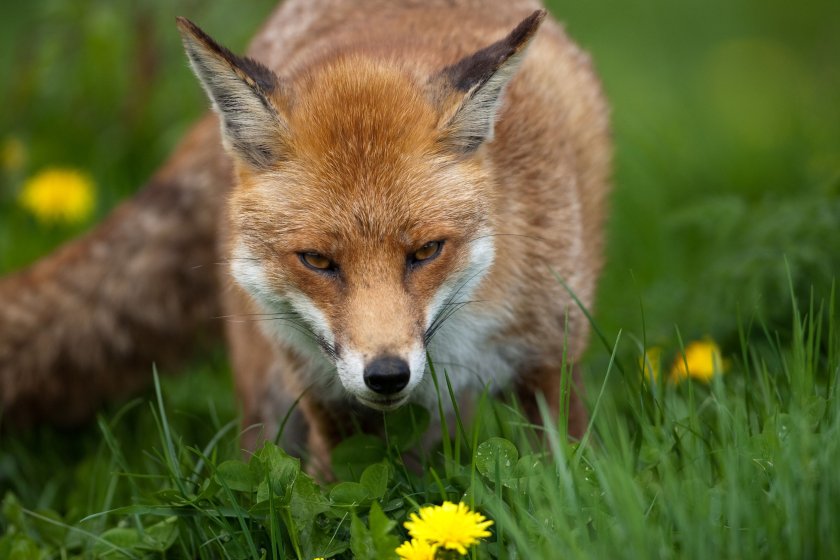
Rural campaigners have slammed the Scottish government's confirmation that it will ban humane cable restraints used to control fox populations to protect livestock.
The Scottish government will press ahead with a ban on the devices in a move described as a ‘dark day for biodiversity, wildlife and rural livelihoods’.
Rural campaigners say humane cable restraints (HCRs) are a modern device used predominantly by farmers and gamekeepers to control foxes in order to protect livestock, such as lambs, and other wildlife.
Both HCRs and live capture traps have met the same humaneness standard under the Agreement on International Humane Trapping Standards (AIHTS).
The move will be brought forward as part of the Wildlife Management and Muirburn (Scotland) Bill.
Scottish Land & Estates, the rural business organisation, has written an open letter to Gillian Martin MSP, Minister for the Environment, criticising the move.
NFU Scotland and the Scottish Gamekeepers Association are among other organisations also asking for HCRs to remain in use.
SLE Director of Moorland, Ross Ewing, said "anger and disappointment will reverberate" through the land management community on the back of this decision.
"In less than a year, the Scottish government has taken steps to systematically decimate the toolkit for fox control – first by curtailing the ability to use dogs to flush foxes; and now bringing forward an outright ban on the use of snares and HCRs.
“To do so at a time where biodiversity is hanging in the balance is unconscionable, and it is Scotland’s most threatened, iconic species that will suffer as a result."
Rural campaigners fear thar the red foxes' range continues to increase with woodland expansion, and with it predation pressure.
Scientific studies have also demonstrated that they pose a threat to species including lapwing, capercaillie, golden plover, curlew, meadow pipit, merlin, snipe and hen harrier.
Mr Ewing added that it was 'galling' that the decision came just a day after a Holyrood committee held an evidence session on HCRs.
He continued: “Perhaps what is most exasperating is the timing of this decision – which comes just 24 hours after representatives of Scotland’s land management community gave evidence on the subject.
“It is not unreasonable to suggest that any meaningful consideration of that evidence at the Ministerial level would take longer, and it rather feels like yesterday’s evidence session was a meaningless exercise.
"It is especially frustrating given the time, effort and preparation that goes into engaging with the democratic process.”
